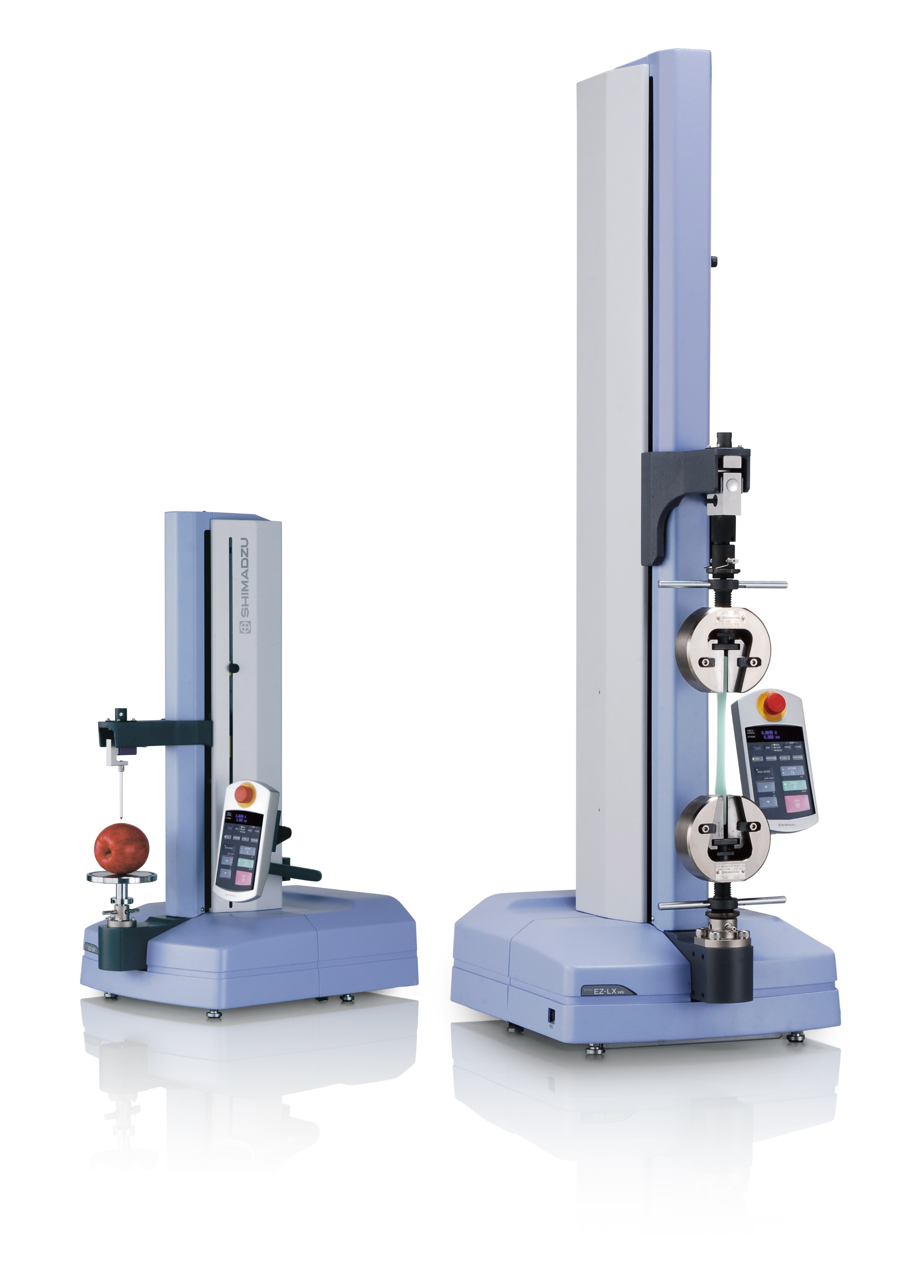Raise Results with Our Materials Test Lab Experience
Wiki Article
From Concept to Truth: The Importance of Materials Screening in Item Advancement
Materials screening is the systematic evaluation and analysis of the properties and actions of different materials used in item advancement. By subjecting products to extensive testing, item designers can make the most of item high quality, integrity, and inevitably, customer fulfillment. This article checks out the value of materials testing in product development and highlights its relevance in transforming ingenious ideas into concrete, effective products.Defining Material Demands

To specify material requirements properly, complete research and evaluation are essential. The item advancement group have to consider aspects such as mechanical properties, chemical compatibility, resilience, and cost-effectiveness. They need to additionally take into account any kind of governing or safety and security standards that the product requires to satisfy.
Among the vital goals in specifying material needs is to recognize materials that can stand up to the anticipated stresses and strains the product will experience during its lifecycle. This consists of thinking about factors such as temperature level changes, exposure to dampness or chemicals, and mechanical forces. By selecting materials that can hold up against these problems, the item's efficiency and long life can be optimized.
Furthermore, specifying material requirements likewise involves considering the aesthetic and responsive qualities of the materials. The aesthetic charm, texture, and really feel of the item play a considerable function in its bankability and customer experience.
Carrying Out Strength and Resilience Checking
To make certain the dependability and longevity of a product, carrying out stamina and resilience testing is important in the product advancement process. This kind of screening allows suppliers to comprehend how a product will perform under different problems and stress degrees, aiding them make informed choices about layout alterations and product choices.Strength testing entails subjecting a product to controlled pressures to establish its capacity to hold up against load and pressure. This can be done via tests such as stress, compression, flexing, and torsion tests. By measuring the product's feedback to these pressures, engineers can analyze its structural integrity and identify any weaknesses or possible failure factors.

Assessing Chemical Structure and Compatibility
Chemical make-up and compatibility analysis is a vital action in the product advancement process as it allows manufacturers to evaluate the viability of materials for their intended applications. Recognizing the chemical makeup of a material is important to make sure that it satisfies the needed demands for safety, functionality, and performance.Throughout the analysis process, manufacturers evaluate the chemical structure of products to establish their properties, such as durability, resistance, and strength to deterioration. This information assists in choosing the most suitable materials for specific applications, as various materials may have varying chemical make-ups that influence their performance.
Compatibility analysis is equally vital, as it makes certain that the products made use of in a product are compatible with each various other and with any type of other compounds they may enter into contact with. Incompatibility can bring about chemical responses, degradation, and even failure of the product.
To examine chemical compatibility, makers perform tests to simulate real-world problems and analyze just how various materials engage. These tests may include exposure to numerous temperature levels, pressures, and chemicals. The results of these tests aid producers identify any kind of potential concerns and make notified decisions about product option and design adjustments.
Assessing Safety and Performance Criteria
Producers must thoroughly analyze safety and performance standards to ensure the quality and reliability of their products. The assessment of safety and security requirements includes assessing the item's capacity to run securely and without presenting any kind of dangers to customers. This consists of analyzing whether the product satisfies industry-specific safety and security regulations and requirements, as well as conducting tests to determine possible threats and risks. Efficiency criteria, on the other hand, emphasis on examining the item's capacity to satisfy certain performance criteria and specs. This involves testing the item under numerous conditions to guarantee that it does as anticipated and meets the demands of the desired customers. By analyzing safety and performance requirements, suppliers can recognize any prospective concerns or shortcomings in their products and take next the essential steps to resolve them. This not only assists in making certain the safety of consumers but additionally improves the overall top quality and dependability of the products. It is important for suppliers to spend in comprehensive screening and assessment procedures to construct depend on with their customers and keep their track record in the marketplace.
Making The Most Of Item Top Quality and Integrity
By ensuring the detailed analysis of security and efficiency standards, producers can effectively optimize the high quality and integrity of their products. Maximizing product quality and reliability is vital for organizations to keep and gain a competitive edge customer satisfaction - materials test lab. To achieve this, suppliers must utilize strenuous screening approaches throughout the item advancement processOne important facet of making best use of product quality and reliability is conducting comprehensive materials testing. This entails assessing the homes and attributes of the products utilized in the manufacturing of the product. By examining the materials for variables such as resistance, sturdiness, and toughness to environmental problems, manufacturers can determine possible weaknesses and make needed renovations to boost the general top quality and reliability of the product.
Furthermore, suppliers need to also think about using innovative testing strategies, such as non-destructive screening (NDT) NDT permits for the evaluation of a product's stability without triggering More hints damages, guaranteeing that the top quality and reliability of the product are not compromised during the testing procedure.
Additionally, manufacturers ought to continuously keep an eye on and review the efficiency of their items in real-world conditions. This can be done through field testing and celebration feedback from clients. By gathering and evaluating information on item efficiency, manufacturers can identify locations for improvement and make required modifications to improve the high quality and dependability of their products.
Conclusion
To conclude, materials testing plays an essential role in product development by ensuring that the materials used meet the necessary requirements for toughness, durability, chemical make-up, security, efficiency, and compatibility requirements. By carrying out thorough screening, makers can make best use of the high quality continue reading this and reliability of their items - materials test lab. It is vital to prioritize materials evaluating throughout the advancement process to ensure the successful awareness of principles right into substantial itemsMaterials screening is the methodical evaluation and evaluation of the properties and habits of various products made use of in product growth. By subjecting materials to strenuous testing, product designers can make the most of item quality, integrity, and ultimately, client contentment.One of the essential purposes in defining material needs is to identify materials that can stand up to the awaited tensions and pressures the item will experience during its lifecycle. By accumulating and evaluating information on item performance, producers can determine locations for improvement and make required modifications to boost the quality and integrity of their products.
In conclusion, materials screening plays a critical role in item growth by guaranteeing that the materials utilized satisfy the essential needs for toughness, toughness, chemical composition, efficiency, safety and security, and compatibility criteria.
Report this wiki page